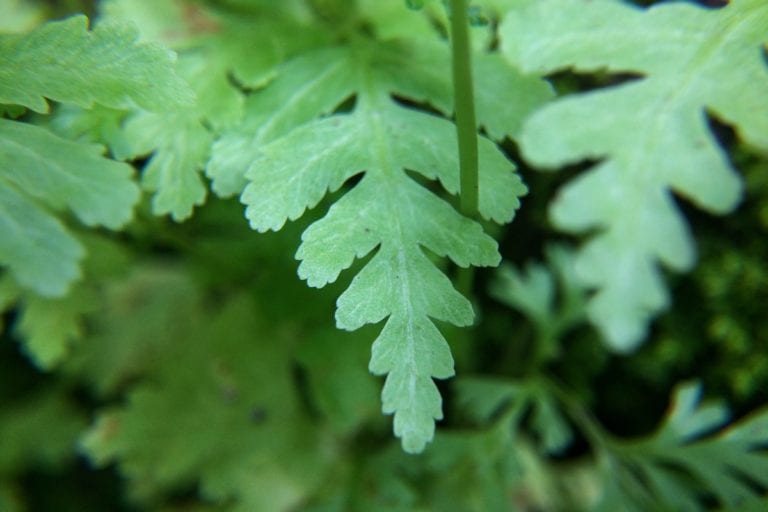April 2019 Audio Meditation
If you’d like to experience this guided meditation with images, here’s the youtube version: https://youtu.be/bT-DbKga6nc
Meditations, experiments, books and guided meditations to assist with nourishing spirituality, healing childhood wounds, and living more consciously.
Meditations, experiments, books and guided meditations to assist with nourishing spirituality, healing childhood wounds, and living more consciously.

If you’d like to experience this guided meditation with images, here’s the youtube version: https://youtu.be/bT-DbKga6nc

In writing this practice, I don’t want to slide over into political perspectives or a polarized discussion. What I want to bring into this week’s practice is the saying that is found in most religions and spiritual traditions, adding up to “treat others as you would want to be treated.” I think this is probably one of the fundamental values of just about every spiritual approach I’ve learned about throughout my years of exploring spirituality and religion.
With the Internet and the polarized nature of our world at this time, it can be far too easy to respond to people in ways that would have been unimaginable only a decade or so ago. I’ve had people comment about things I’ve posted on Facebook in ways that have shocked, saddened, and surprised me. It’s as though we have learned to interact as individuals and as a culture as if it doesn’t matter what or how we communicate with one another.
For this week’s practice, I invite you to carry with you the request to “treat others as you would want to be treated” and, in addition, “treat others as you would want your loved ones to be treated.” Then, measure your words and actions against these statements and notice if you are following this most basic human ideal. By making this a practice akin to mindfulness, pay attention to what you discover about how much awareness, consideration, and choice you bring to how you respond to and treat others, to your words, your thoughts, your feelings, your actions.
Read More “803rd Week: “Do Unto Others…””
I’ve run across a number of articles recently that speak to the physical benefits of silence. One I just read a few days ago talks about how silence generates new cells in the hippocampus of mice. This is an intriguing finding, given that we know that trauma shrinks the hippocampus. Here’s the link to that article: http://www.lifehack.org/377243/science-says-silence-much-more-important-our-brains-than-thought
Another article, which I read a while ago, speaks to a number of benefits that arise from spending time in silence, Read More “702nd Week: Befriending Silence”
The U.S. election has now come and gone, and we find ourselves either reassured by the outcome or overwhelmed with fear, anger, distress, despair, and disappointment, among other feelings. We see vividly the immense divide that exists in our country Read More “Week 651: Listening To Each Other”

One of the things that most of us find challenging is to manage uncertainty. It’s a natural response to be uncomfortable with not knowing what’s going to happen next or where we are headed, individually and collectively. For some people, finding conspiracy theories offers an experience of “knowing what’s going on” that calms the discomfort most of us feel around uncertainly. For others, anxiety becomes a constant companion and they have difficulty truly soothing themselves. For yet others, becoming numb and shutting down is their natural response to constant and mounting uncertainty.
Also, I want to affirm that having a response to uncertainty is certainly normal and not necessarily something that needs the kind of process I’ll describe below, so please be gentle with yourself when circumstances elicit discomfort and anxiety about the future.
As I’ve been thinking about how we can expand our capacity to be uncomfortable and find some degree of equanimity, I found myself thinking about a concept I have taught for many years—a process of uncoupling trauma-based associations, called over-couplings in the Somatic Experiencing® world. Let me define these terms as I did when teaching SE.
Trauma over-couplings are associations that become “glued together” during times of overwhelm or distress. These are individual elements of experience or learnings that actually don’t belong together. One common trauma-based, attachment-oriented over-coupling is: If I do what I want, they (whoever “they” might be) won’t love me. Those two things don’t really belong together and especially so in adult life. Another common trauma-based over-coupling is: Unless I know what’s going on, I won’t be safe. The problem with trauma-based over-couplings is that they predict something that may not, or probably won’t, happen. They often arise from childhood experiences where we were not only ill equipped to have options available to us but when we also weren’t mature enough to understand what was happening.
I’d like to offer one way to deal with these trauma-based over-couplings. I called it “therapeutic dissociation” in my book, Getting Through the Day, but it’s actually a form of uncoupling adult awareness and options from those arising from earlier overwhelming experience.
Read More “812th Week: Managing Uncertainty”
We’ll have two themes this year. The first half of the year will focus on the frequency of love as a universal force that supports healing into wholeness. This month, we’ll focus on love as a major healing force in the world and orienting to an open heart.
Here’s the YouTube version, if you would prefer to see images of nature as you meditate…